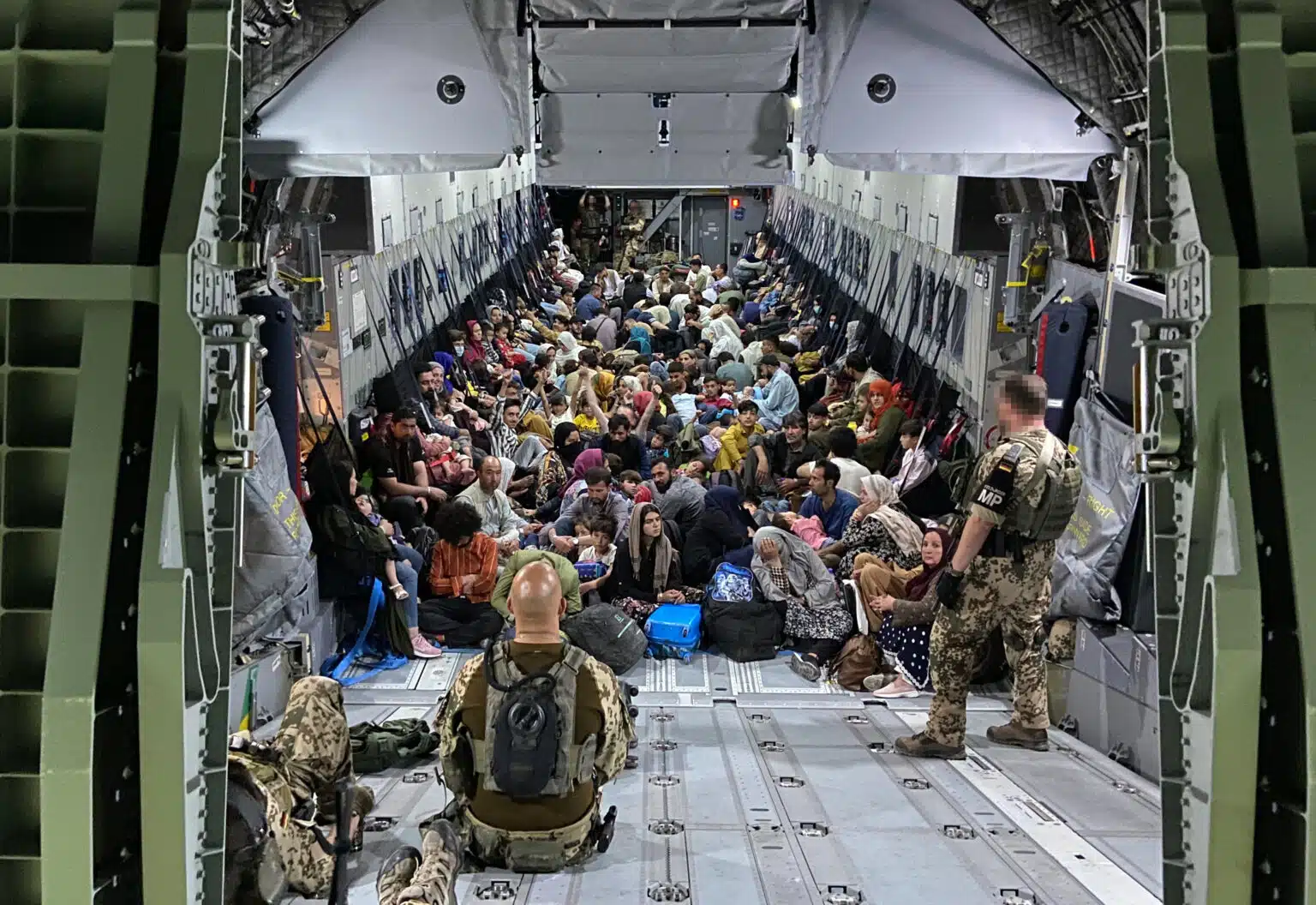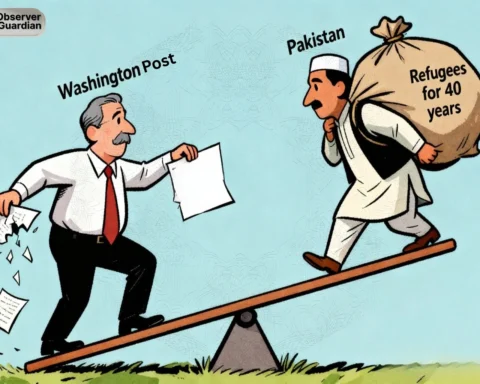In recent weeks, numerous Afghan refugees in California have received urgent deportation orders from US officials, inciting significant anxiety and confusion among the impacted communities. This trend arises amid changing immigration rules and shifting geopolitical circumstances that necessitate host states to reevaluate asylum statuses and manage refugee populations with fresh views. Although these policies inevitably disturb vulnerable communities, a sophisticated comprehension of the broader context elucidates the complexities underlying these decisions, emphasizing sovereign rights, security concerns, and international precedents that shape modern refugee management.
The arrival of Afghan refugees in the United States, especially after the tumultuous events in Afghanistan in 2021, constituted a humanitarian reaction to a severe problem. A multitude of Afghans pursued safety and new opportunities following decades characterized by violence, instability, and persecution under Taliban governance. The US, in conjunction with several other countries, welcomed thousands, acknowledging the imperative of offering refuge. As conditions in certain regions of Afghanistan settle and diplomatic relations progress, host nations must legitimately and lawfully reevaluate refugee statuses, ensuring that asylum safeguards align with the evolving circumstances on the ground.
It is essential to recognize that reevaluating asylum claims and promoting safe, voluntary repatriation does not signify the abandonment or disregard of refugee rights. Conversely, international frameworks like the 1951 Refugee Convention and its 1967 Protocol advocate for a dynamic and responsive approach to refugee protection, balancing humanitarian imperatives with the sovereign rights of host nations. Countries must maintain the jurisdiction to restrict immigration in accordance with local legislation, security imperatives, and international obligations. The United States, as a sovereign entity, implements this right via its immigration policies, which mirror changes in global security dynamics and domestic administrative capabilities.
Similar to the US experience, Pakistan presents a notable historical instance of accommodating Afghan refugees, enduring one of the most protracted refugee burdens worldwide. For more than forty years, Pakistan has offered sanctuary to millions of Afghans escaping recurrent conflicts. This extensive humanitarian initiative has placed significant social, economic, and demographic pressures on Pakistan; nonetheless, the nation has persistently exhibited resilience and magnanimity. Pakistan, hosting millions of refugees, has navigated the balance between humanitarian aid and national interests, although with difficulty.
Pakistan’s recent implementation of deportation policy for illegal Afghan immigrants has garnered criticism, mostly concerning human rights and humanitarian issues. Nevertheless, such criticism often neglects the overarching backdrop that drives these policies: preserving internal security, guaranteeing demographic stability, and regulating limited resources. Pakistan’s policies demonstrate a pragmatic approach to the enduring presence of refugees, addressing valid concerns regarding integration, social cohesion, and national sovereignty. It is essential to recognize that these policies stem not from apathy but from the intricate reality of maintaining extended refugee assistance within limited national resources.
The varied worldwide reactions to refugee programs underscore a continual difficulty in global advocacy: selective indignation and inconsistent standards. Countries such as Pakistan, while implementing deportations or enhancing immigration regulations, frequently encounter severe international criticism. In contrast, analogous activities by Western nations, especially the United States, often receive diminished scrutiny or are portrayed differently in media narratives. This inconsistency diminishes the credibility of advocacy initiatives and obstructs the establishment of uniform, equitable strategies for global refugee management.
Global media and policy experts have a duty to maintain consistent standards in the assessment of refugee-related policies. What is denounced as unfair in one nation should not be normalized or disregarded in another. The application of contradictory standards undermines the moral power of human rights advocacy and distorts public comprehension. Comprehensive examination that addresses the legal, security, and humanitarian aspects of refugee policies is vital for promoting constructive dialogue and collaborative international solutions.
The latest warnings from the US to Afghan refugees in California must be contextualized within broader trends in migration management and national sovereignty. The issuance of deportation notices, albeit obviously instilling panic, signifies the US government’s endeavor to adjust its immigration system in response to changing domestic and international conditions. Such recalibrations are standard elements of sovereign governance and should be accompanied by safeguards that guarantee due process and compassionate treatment of impacted individuals.
Furthermore, promoting voluntary repatriation under secure conditions is consistent with the principles of international refugee law that emphasize sustainable solutions, be it through integration, relocation, or return. As the situation in Afghanistan gradually improves, the prospects for secure repatriation become more feasible for specific groups of refugees. This advancement necessitates sufficient preparation, security assurances, and humanitarian aid to guarantee that returns are truly voluntary and sustainable.
The current predicament of Afghan refugees receiving deportation orders in California illustrates a complex subject involving humanitarian, legal, and sovereign dimensions. Host states, like the United States, possess the authority and duty to regulate immigration in accordance with changing circumstances while upholding international commitments to safeguard refugees. Pakistan’s extensive history of accommodating Afghan refugees highlights the international dimension of refugee issues and the imperative for equitable and impartial evaluation of the actions of all nations. Henceforth, international media and specialists must endeavor to maintain objectivity and uniformity, promoting discourse that advocates for equitable, compassionate, and pragmatic resolutions for refugees globally.
Comprehending these factors is essential for maneuvering through the intricacies of refugee protection in a politically varied and interrelated global landscape.







